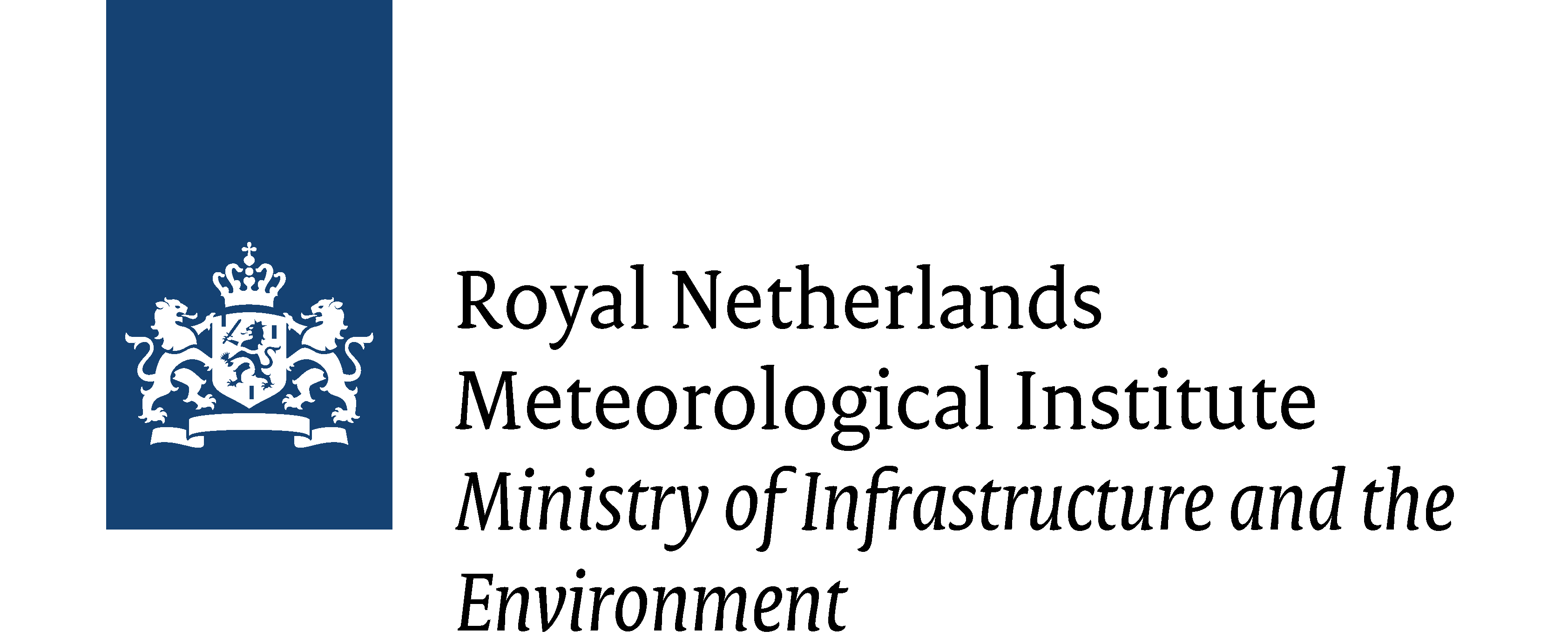A nasty-smelling gas
Most of the nitrogen dioxide (NO2) we breathe daily in Barcelona is generated by ourselves. Only 1% of this nasty-smelling gas forms naturally; around 80% of the NO2 in our streets comes from motor vehicle exhaust.
NO2 is linked to an increased likelihood of respiratory problems. It inflames the lining of the lungs, and can reduce immunity to lung infections, paving the way for colds, flu and bronchitis. On people with asthma, it can cause more frequent and intense attacks. Children with asthma and older people with heart disease are most at risk.
How much NO₂ is “too much NO₂”?
The World Health Organisation (WHO) sets the following limits as safe for human health:
- 10 µg/m³ averaged over a year
- 25 µg/m³ averaged over one day
In this website we’ve chosen to represent the daily limit, since it is more closely related to the hourly values we see in the time series.
What do these maps show?
The map reflects the NO2 concentration at the selected time and with street-level resolution, based on official sensor data, meteorological information and state-of-the-art assimilation algorithms, developed and validated by the Royal Meteorological Institute of the Netherlands (KNMI).
Time series for your selected location can be seen in the first tab. Recommendations on outdoors activities and cycling/walking routes from the perspective of air quality can be found in the second tab, “I want to…”.
How can I improve air quality in Barcelona?
The answer is in fact quite simple: avoid using your car as far as possible. Share it, use public transportation, or even better: grab a bike or walk. You will not only contribute to a better air quality and a more inhabitable city — it will also be beneficial to your health!
How do other cities fare?
See for yourself: Amsterdam, Barcelona, Rotterdam.
Credits
Data postprocessing, visualisation, Tero map engine: Lobelia.
NO2 data: RETINA product by KNMI. For more information, please refer to the AirQast project, co-funded by the European Union. Contains modified Copernicus Service information.


Base map, routes & other services: Mapbox. © OpenStreetMap contributors.
Made with 💚 in Barcelona.
v2.2.0